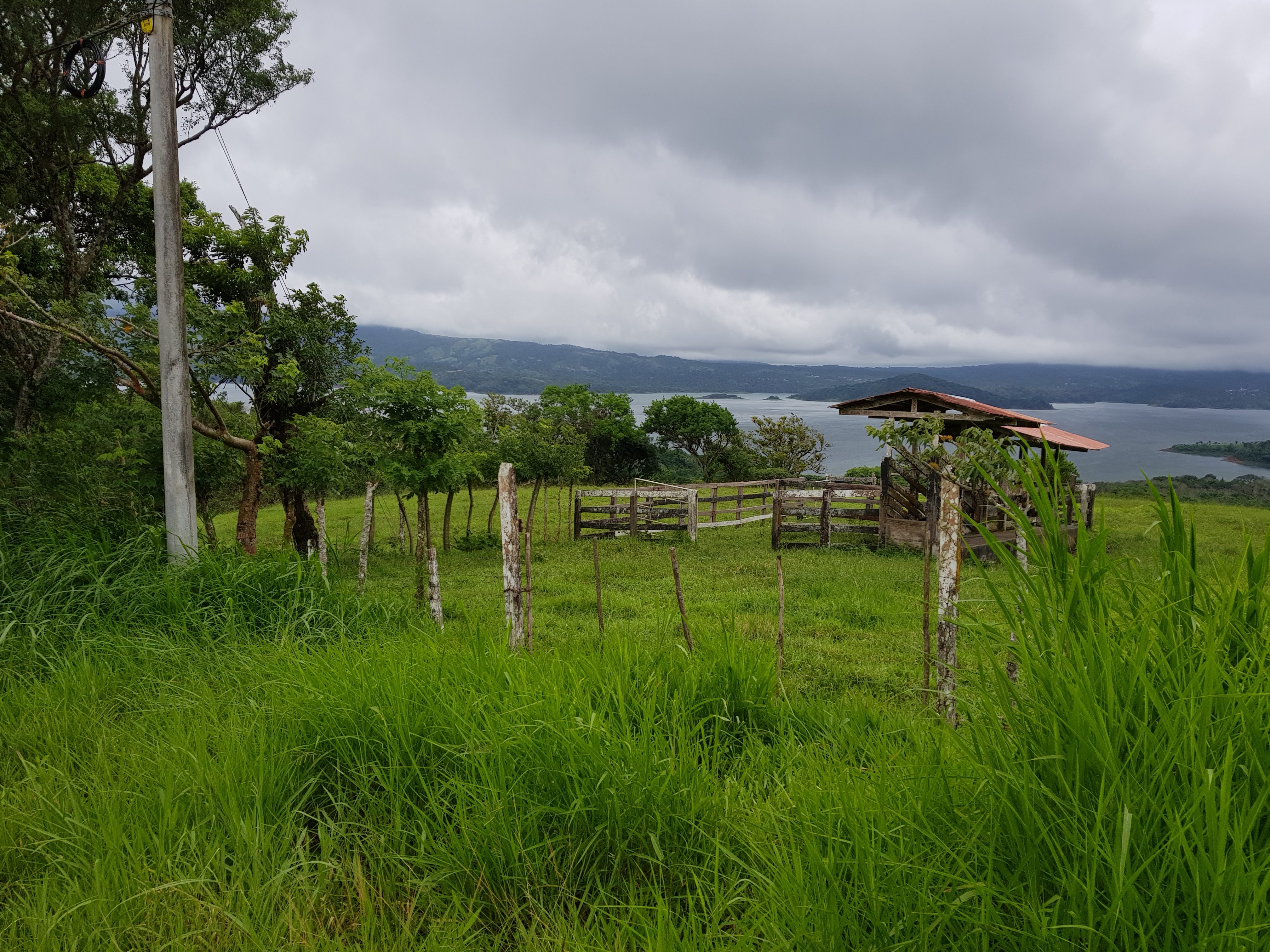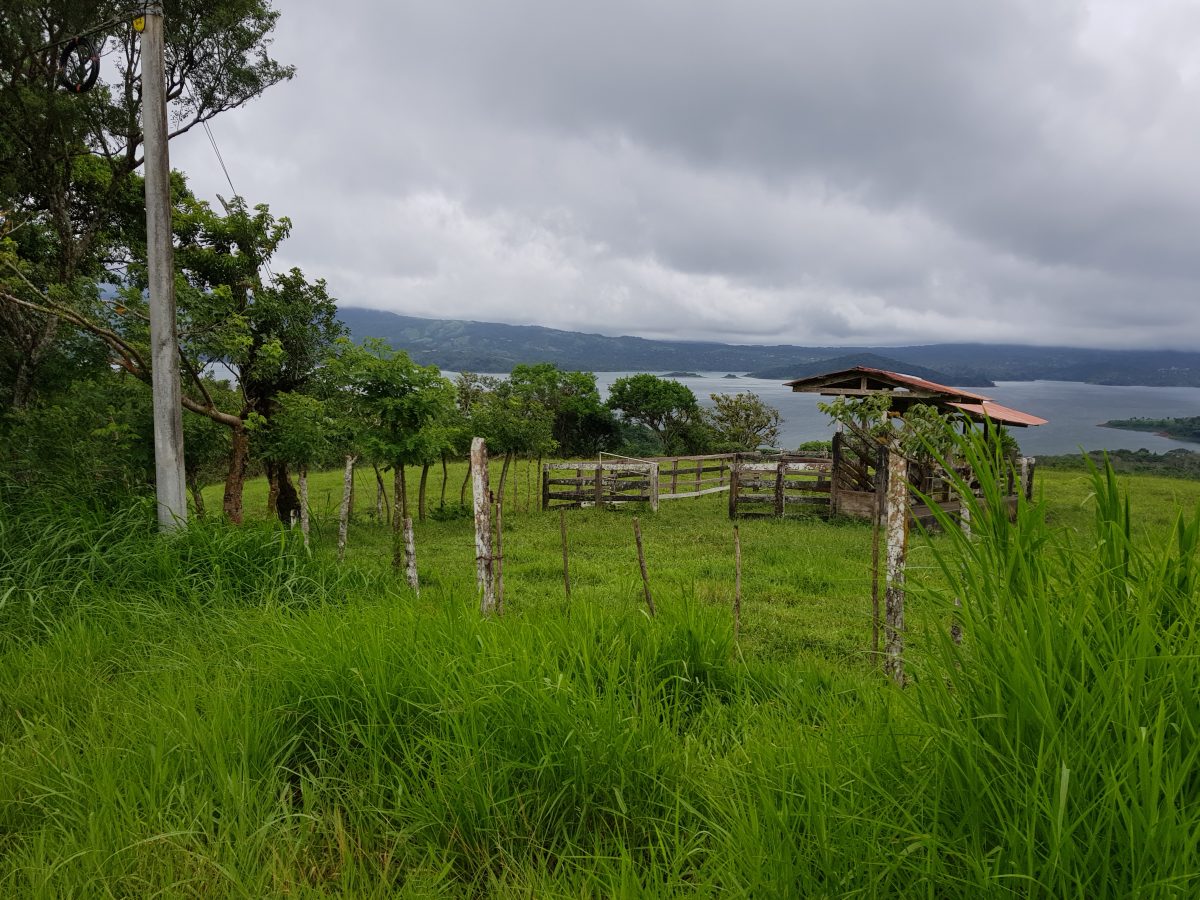Lessons from an Expat
Having recently celebrated my second anniversary in the land of Pura Vida, I decided to write down and share some of the key lessons I’ve learned.
- Calm down and try not to yell. In the US, it is not unusual to raise one’s voice when annoyed or treated badly. Or even to punch a wall or stomp a foot. When we do this in other countries, as in Latin America or in Asia, we are immediately labeled as spoiled, rude Americans. Now, granted, this is hardly polite behavior at home, but it is tolerated and often achieves the goal of getting one’s need(s) met. The squeaky wheel gets the oil, etc. In Costa Rica, it’s a sure way not to get the help one needs.
- Don’t point at another person. Whereas this gesture may or may not be rude in the states, depending on tone of voice and intent, it is always rude in CR. Even pointing out someone in a crowd is considered obnoxious.
- Always greet even the most casual acquaintances with more than just “Hi.” Not saying “How are you?” (Como le va?) and answering the same is a great way to put off someone else, even a person whose job it is to help you. Again, if one is obviously a gringo, as I am, ignoring this particular nicety only confirms to ticos (locals) how ill-mannered we all are.
- We are not the same. In the eyes of ticos, every norteamericano is rich. It is assumed, and it is true that even a small US pension is more than most ticos make. Just the facts that we hang non-utilitarian things on our walls and have unused guestrooms set us apart. Also, many folks here don’t have credit cards or, if they do, don’t carry a lot of debt. So, the fact that we can buy things for which we don’t have the cash makes us appear more affluent than we may be.
- The economic differences color every relationship in CR. Of the friends I’ve made here, only one has never asked to borrow money. It is acceptable for a security guard or cleaning person to ask for a loan, which may or may not be paid back. It is not uncommon for a religious Christian housekeeper who texts everyone bible quotes to help herself to hand towels or dishes while cleaning a gringo’s house. And we’re not supposed to care. I once met someone online who claimed to desire me only to send me pictures of artwork for sale.
- Trust the tourism industry. Costa Rica is a beautiful country with great hotels and tours. The tourists who recently have had horrible and even deadly encounters here made the unfortunate error of not using approved tour companies or hotels. Tourism is the primary industry here and is very tightly regulated; also, staff speak excellent English and many have themselves traveled to other countries. The government knows how important it is to provide a good experience to tourists, especially to gringos. So, whereas it may be fine to find cheaper ways to do things in other travel destinations, CR is not a good place to cut corners, use Airbnb, or attempt a more “authentic” (e.g., unguided) experience.
- It’s hard to know where one stands. We in the US have no problem complaining about bad service or bad experiences; in fact, we often demand to speak to supervisors in order to make our dissatisfaction known. Not so, in CR. If a tico is offended or uncomfortable with another person’s deed or behavior, he or she will rarely speak up. While this may create a more pleasant and definitely less confrontational environment, it can be frustrating for those of us who want to know if we’ve screwed up so we can, if we choose, make amends. I learned from a colleague who has been here for many years that I will never know if or how I pissed someone off; I just won’t hear from that person again. This has been of particular concern to me as a teacher who wants his students to enjoy class and keep attending. Every time someone is absent or cancels, I wonder if I misspoke or offended. Not that I’m insecure or anything.
- Life is more comfortable and much cheaper in Costa Rica, but only for those who know how to make it so. Rent, utilities, services and transportation cost much less than in the US. I have a huge three-bedroom place with high-speed Internet, a view, and security on a private street. I don’t need air conditioning or heat, and I haven’t worn a jacket in two years. I can avail myself of the very low-cost health-care system, with all its delays and flaws, or pay less than I would in the US for first-rate private medical care. I don’t need to pay for a car or insurance, as I am a $3 to $4 uber ride away from my preferred markets, stores, doctors or businesses.
If, however, one chooses to buy American and enjoy the brands and products one used in the US, the opposite is true: CR is really expensive. It’s a very small country with very little industry (tourism, coffee and call centers), and most products are imported from the US and other countries. In general, the Chinese-made stuff is very affordable but of poor quality; even the stuff from the US is often refurbished (since one can’t return items for refund), so one pays crazy prices for imperfect merchandise.
- Nice can be good. After many years of expressing my opinions and emotions freely and completely, I’ve come to the conclusion that maybe it’s not so good for the soul. I believed that letting out frustration was healthy and repressing feelings unhealthy. If there’s one way in which I’ve changed under the tutelage of my hosts, it has been to keep certain things to myself (or save them for my blog). Expressing annoyance to the person blocking the supermarket aisle with his or her carriage may not really help my cause; pointing out someone’s incompetence probably won’t remedy that incompetence. I find that when I stop to ask how someone is, even someone whom I’ll never see again, or when I smile instead of glare at the thoughtless jerk who gets in my way, I don’t get bottled up; au contraire, I actually feel a little better and more like a part of this imperfect world.

